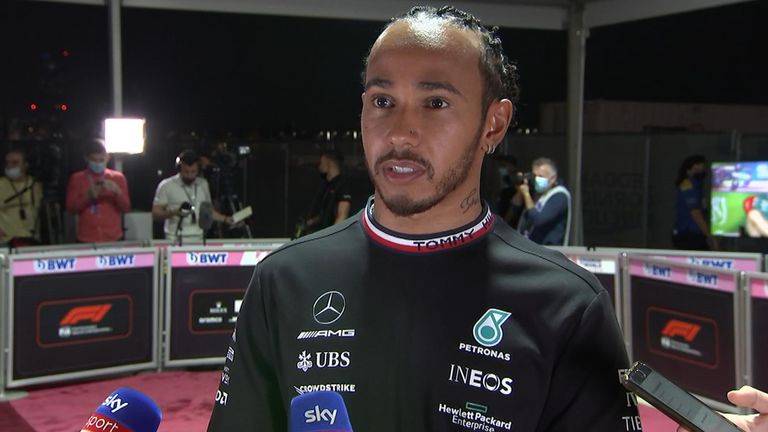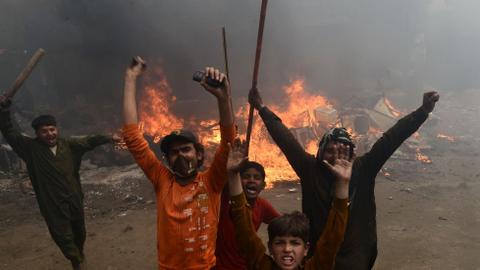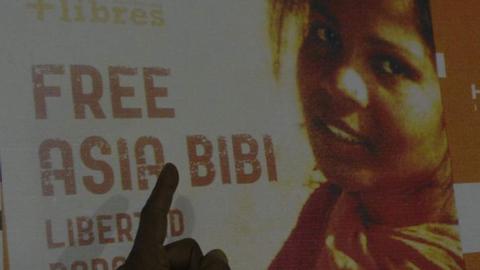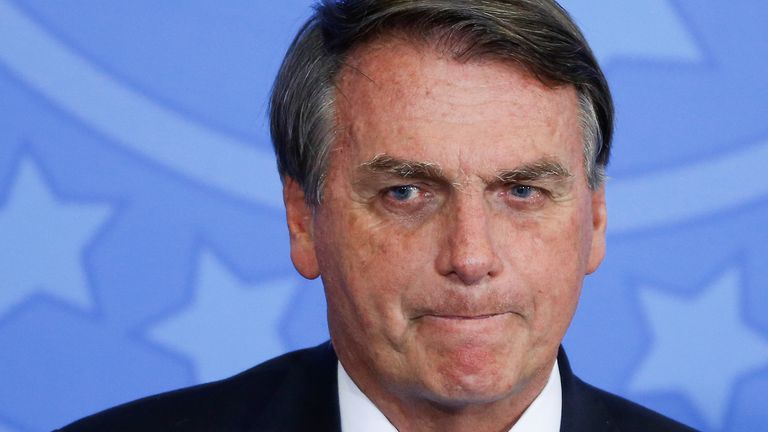Published December 3, 2021

The murder of Saudi journalist Jamal Khashoggi inside the Saudi consulate in Istanbul in 2018 has prompted most Western leaders to shun talks with the kingdom's de facto ruler Crown Prince Mohammed bin Salman - Copyright Afghan Taliban/AFP/File STR
French President Emmanuel Macron insisted he hadn’t forgotten the murder of Saudi journalist Jamal Khashoggi on Friday as he defended his decision to visit Saudi Arabia during his Gulf tour.
On Saturday, Macron will become one of the first Western leaders to meet the kingdom’s de facto ruler, Crown Prince Mohammed bin Salman, since Khashoggi was killed inside the Saudi consulate in Istanbul in 2018.
Khashoggi’s murder sparked international outrage that continues to reverberate. But Macron said it was impossible to engage with the region while ignoring the powerful Saudis.
“Who can think for one second that we can help Lebanon and preserve peace and stability in the Middle East if we say: ‘We’re not going to speak to Saudi Arabia, the most populated and most powerful country in the Gulf’?” he told media in Dubai, the first stop of his tour.
“It doesn’t mean that I endorse anything, that I’ve forgotten, that we’re not demanding partners,” he said, adding that he was acting “for our country and in the interests of the region”.
Macron will fly to the Saudi Red Sea city of Jeddah on Saturday after an overnight stay in Qatar, another resource-rich Gulf country where France will defend their World Cup football title next year.
On October 2, 2018, Khashoggi entered the Saudi consulate in Istanbul to file paperwork to marry his Turkish fiancee. According to US and Turkish officials, a waiting Saudi hit squad strangled him and dismembered his body, which has never been retrieved.











